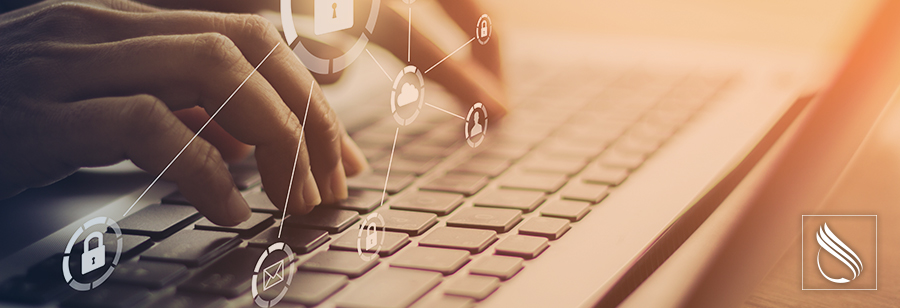In today’s technology-driven world, cyber risk is everywhere. It seems like everything connects to the internet, from your phone to your smartwatch, even refrigerators and thermostats. And in this world, church website administrators need to remain vigilant about the risks surrounding their websites and their data. Churches and schools are not immune to hacks. Church organizations worldwide have been the victims of cybercriminals seeking money or personal information.
Cybersecurity is vital for schools, churches, and conferences alike. Their websites and networks often house sensitive member information, as well as being a steppingstone in accessing church banking information. Hackers may also be interested in harming a church’s reputation by placing negative content on a website.If you are unsure of how to start thinking about cybersecurity for your church, the questions below can help jumpstart the process.
- Where are the systems weak spots? How might the organization be targeted?
- What valuable information is stored online?
- If a cyberattack happens, what will the response be?
- Who should create a response plan, and who should enact it?
- How can you prevent a cyberattack or breach today? Where can you increase security?
To help you answer the questions above, here are some ways to improve your organization’s security and ensure its safety as well as your church members’ safety.
- Ensure that you are using strong passwords. Long, complex, unique passwords stored in a password manager are a good start.
- Don’t share administrator accounts or passwords. Each user should have their own account with a unique password.
- Accept online giving only through a verified third party portal. This is the recommended best practice. Do not store credit card information on the organization’s website.
- Secure the Wi-Fi network. Have separate networks for guest and church computers. Change both passwords quarterly to prevent unwanted sharing.
- Protect member information. Posting member directories or bulletins only on websites that allow members to log in will ensure personal information is kept private.
- Encrypt church computers—especially mobile devices and laptops.
- Conduct routine maintenance on all church computers. A computer that has not been updated is more likely to be a target for cyberattacks.
Make it a priority to ensure that your church, school, or conference is maintaining proper cybersecurity procedures. Preventing cyberattacks before they happen is always preferable to dealing with the aftermath of a security breach.
A final consideration for your cybersecurity is the purchase of Cyber Liability Insurance. This insurance product covers your internet-connected computer equipment as well as your member information in the event of a data hack, cyber ransom, virus attack, cyber vandalism, or system sabotage. Cyber Liability Insurance should not be your only security measure. But it is a valuable safeguard against a cyberattack on your church. Contact your conference to find out if you have cyber liability coverage.
You would not purchase homeowner’s insurance, but leave your front door unlocked. A combination of mitigating actions that will protect your organization and members and purchasing Cyber Liability Insurance provides a more secure environment in this age of cybercrime.


